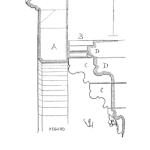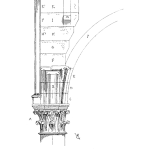
In this video, I reveal one of the most common mistakes people make when writing Failure Modes in a Failure Modes and Effects Analysis (FMEA).
Too often, people confuse Failure Modes with Failure Effects, leading to wasted time and ineffective results. But don’t worry! I’ll show you how to avoid this by asking one simple question: “What specifically causes…?” This technique helps ensure you develop proactive strategies that improve equipment reliability, avoid unexpected downtime, and strengthen your overall maintenance plan
[Read more…]












 Ask a question or send along a comment.
Please login to view and use the contact form.
Ask a question or send along a comment.
Please login to view and use the contact form.